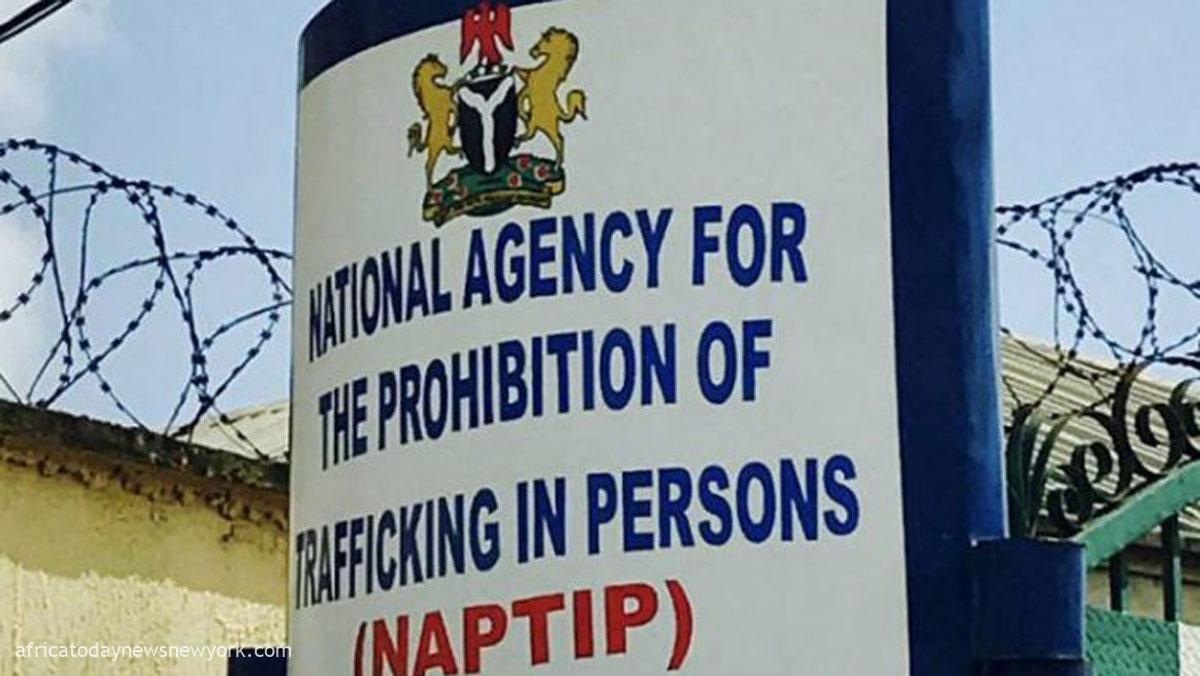The National Agency for the Prohibition of Trafficking in Persons (NAPTIP) has revealed that information at its disposal shows that over 2,000 trafficked Nigerian girls are currently stranded in Mali.
Mr. Nduka Nwanwene who made this disclosure on Monday, added that the agency had intelligence that girls from Mali were being trafficked to Edo State for prostitution.
Nwanwene spoke during the 2023 World Day Against Trafficking in Persons in Benin, with the theme ‘Reach every victim of trafficking, leave no one behind.’
Read Also: Over 25,000 Trafficked Nigerian Girls Trapped In Mali –NAPTIP
He said, ‘We just gathered intelligence that traffickers are bringing in young girls from Mali to Benin for prostitution; we are investigating. But many Nigerians, especially young girls, are stranded in Mali; over 20,000 Nigerian girls are stranded in Mali.’
‘Mali used to be a destination for girls trafficked from Nigeria but now the reverse is the case as Mali girls are being trafficked into Benin City for prostitution.’
Nwanwene said NAPTIP, under Prof. Fatima Waziri-Azi, was making progress in the area of conviction of high-profile traffickers, sustained evidence-based rehabilitation, and empowerment of survivors.
He called on stakeholders to galvanise support towards addressing the menace of human trafficking and contribute to achieving the Sustainable Development Goals.
Recall that the Director-General of the Agency, Prof. Fatima Waziri-Azi had last Thursday,lamented what she described as incommensurate sanctions meted to culprits of rape and sexual and gender-based violence in Nigeria.
Therefore, she called for stiffer sanctions, urging the judiciary to wake up to its responsibility on the issue.
“There are some punishments that are not commensurate with the offences. An offence of a big nature like raping a child and the perpetrator is still given an option? NAPTIP wants to hear quality convictions on rape and SGBV cases,” Waziri-Azi said in her opening remarks at a one-day technical retreat for Judges and NAPTIP Prosecutors in Abuja.
She cited the sudden rise in distress calls over SGBV cases nationwide, describing it as a cue for more action.

